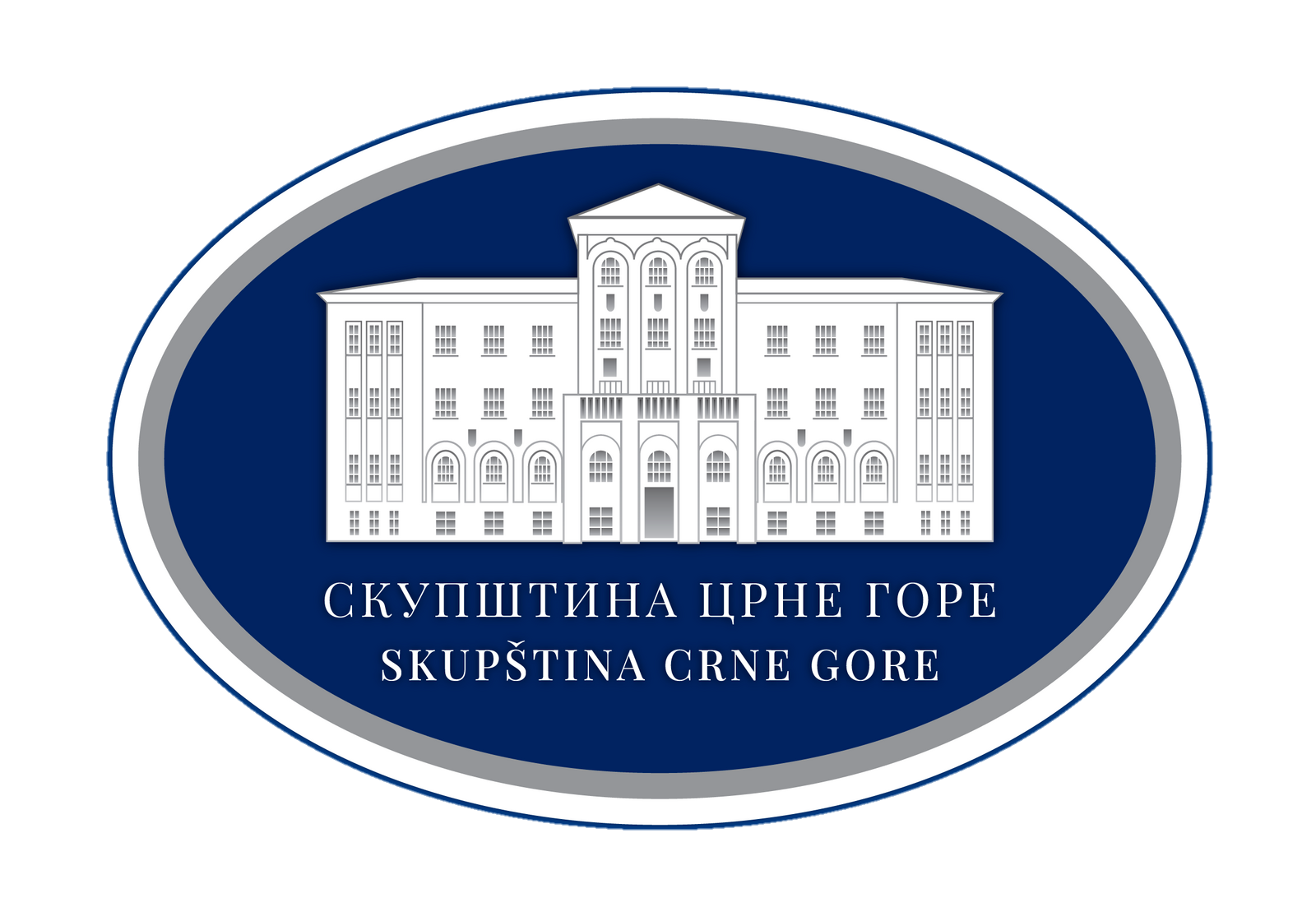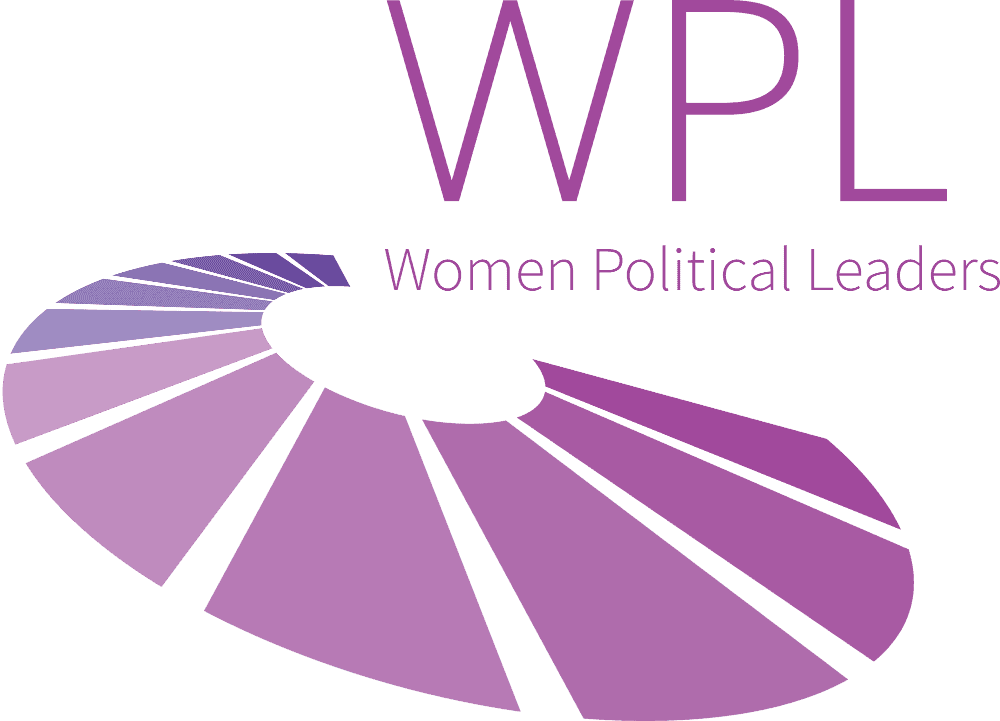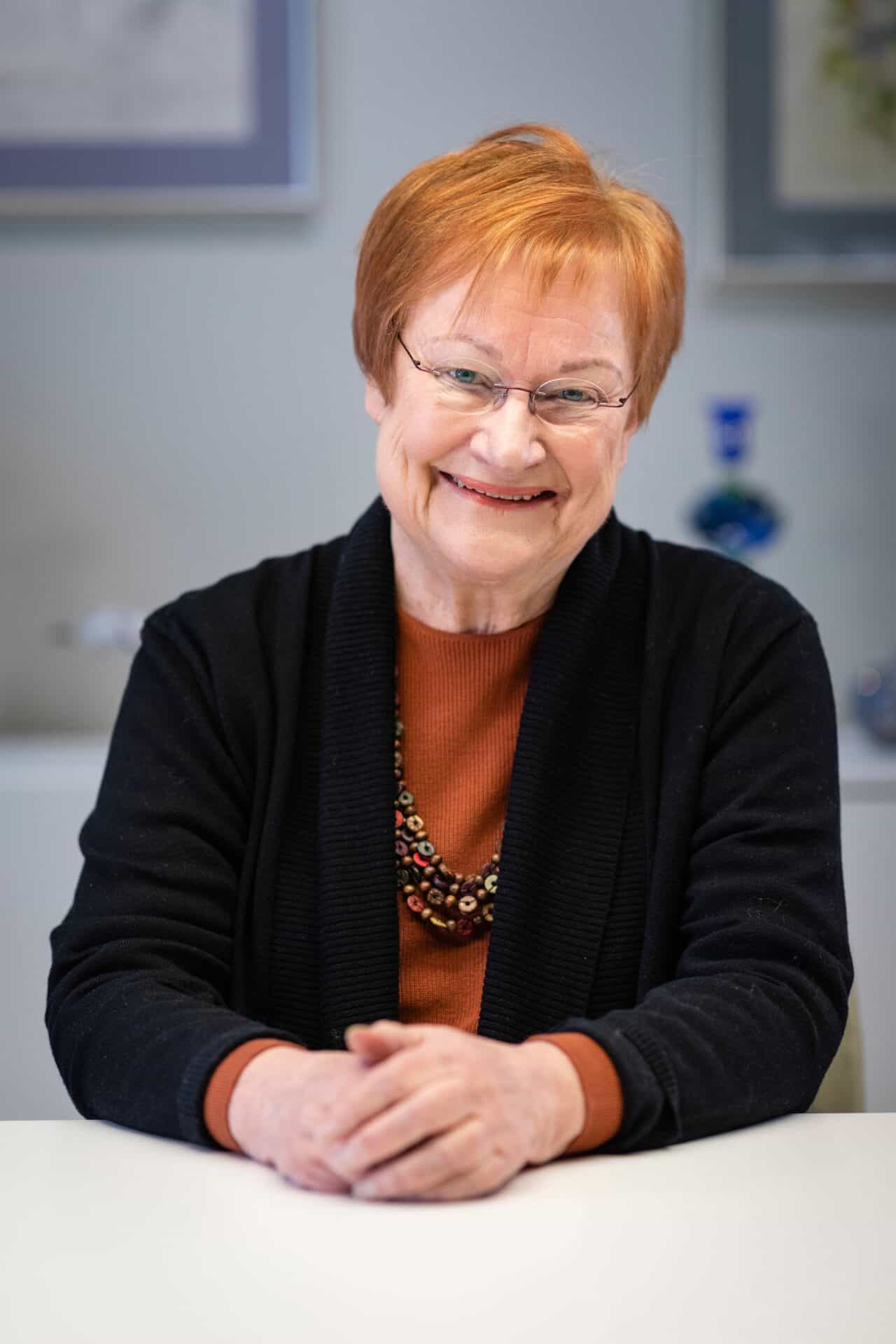Tarja Kaarina Halonen is a Finnish politician who served as the 11th President of Finland, and the first woman to hold the position, from 2000 to 2012. She first rose to prominence as a lawyer with the Central Organisation of Finnish Trade Unions (SAK), and as the Prime Minister’s parliamentary secretary (1974-1975) and a member of the City Council of Helsinki (1977-1996). Halonen was a Social Democratic Party member of parliament from 1979 until her election to the presidency in 2000.
She also served as a minister at the Ministry of Social Affairs and Health from 1987 to 1990, as Minister of Justice from 1990 to 1991, and as Minister for Foreign Affairs from 1995 to 2000. Halonen was an extremely popular president, with her approval ratings reaching a peak of 88 percent in December 2003. She was re-elected in 2006, defeating National Coalition Party candidate Sauli Niinistö in the second round by 51% to 48%. Ineligible to run in the 2012 presidential elections because of term limits, Halonen left office on 1 March 2012 and was succeeded by Niinistö.
Widely known for her interest in human rights issues, Halonen served as the chairperson of the Finnish LGBT rights organization Seta in the 1980s, and she actively participated in the discussion of issues such as women’s rights and the problems of globalization during her presidency. In 2006, she was mentioned by various commentators as a potential candidate for the United Nations Secretary-General selection, but she denied an interest at that time, stating that she wanted to finish her term as president before thinking about other career options. In 2009, Forbes named her among the 100 most powerful women in the world.
Halonen is a member of the Council of Women World Leaders, an international network of current and former women presidents and prime ministers whose mission is to mobilize the highest-level women leaders globally for collective action on issues of critical importance to women and equitable development.



